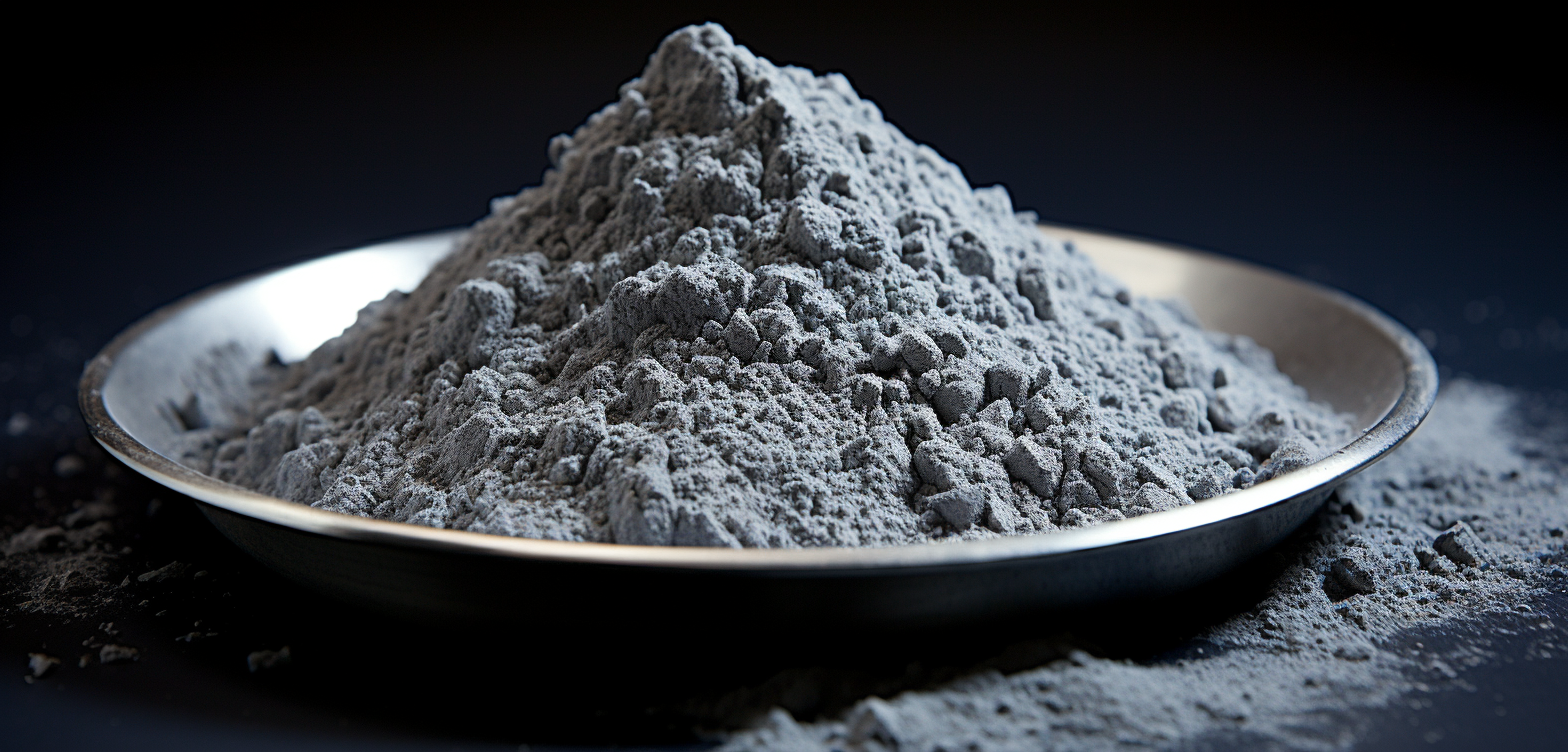

Nickel is a silvery-white metallic element with one of the highest strength-to-weight ratios and excellent resistance to corrosion, amid properties of excellent conductivity. The versatility of nickel makes the material very significant in various industries, including aerospace and electronics, right through to electroplating.

Nickel powder is a greyish-black fine powder composed of the minutest particles of the nickel metal. Commonly, this alloy finds its application in industries like electronics, aerospace, automotive, and chemical manufacturing. The powder is produced by atomizing or grinding solid nickel into smaller particles, the particle size ranging in order from a few micrometers to a few millimeters in size.
Pure Nickel Powder is a highly pure powder product, superior in thermal conductivity and electrical conductivity. Moreover, it exhibits very good corrosion resistance. It is malleable and ductile; hence, it may easily be beaten into various shapes.
| Type | Purity | Shape | Particle Size |
| Nickel Powder | 99.50% | Spherical | 50nm,500nm,1um or Customized |
| Nickel Titanium Powder | ≥99.9% | Spherical | 5-25μm, 15-45μm, 15-53μm, 45-75μm, 45-105μm, 75-150μm |
| Molybdenum Nickel Powder | 99% | Spherical | 40~50μm or customized |
| Nickel Aluminum Powder | Spherical | <40 μm | |
| Nickel Chromium Powder | >99.5% | Non-spherical | -325 mesh |
| Inconel 625 Powder | Spherical | 0-25,15-53,45-105,75-150 μm | |
| Monel K-500 Powder | Spherical | 15-53μm, 53-150μm | |
| Hastelloy C Powder | Spherical | 15-53μm, 53-150μm | |
| Hastelloy X Powder | Spherical | 15-45μm, 45-105μm, 75-150μm, or as required | |
| Invar 36 powder (FeNi36) | ≥99.9% | Spherical | 0-45μm, 0-53μm, 15-45μm, 15-53μm, 45-150μm |
| Inconel 718 Powder | Spherical | Customized | |
| K465 Superalloy Powder | Spherical | 10 to 75 | |
| K403 Powder | ≥99.9% | Non-Spherical | 0-45μm, 0-53μm, 15-45μm, 15-53μm, 45-150μm |
Oxidation Problems: At elevated temperatures, nickel powder can be oxidized easily; this could affect the functionality of the product for those applications designed to operate at high-temperature conditions.
Dust Explosion Hazard: Particles of fine nickel powder are hazardous concerning dust explosion when suspended in air and ignited by a flame or spark.
Nickel-based powder has a wide range of uses, thanks to its unique characteristics. Below are some of its most common applications:
Metal Coating: In electroplating and thermal spraying, this powder is used to create a protective layer on metal surfaces. It improves corrosion resistance, hardness, and wear resistance, providing durable protection.
Catalyst: The powder serves as a highly efficient catalyst in many chemical processes, including hydrogenation and reforming in the petrochemical industry. Its large surface area promotes these reactions.
Battery Production: It plays a key role in battery manufacturing, particularly in NiMH and NiCd batteries, where it functions as an electrode material, boosting energy density and overall performance.
Ceramics and Pigments: The material is commonly used in ceramic production, especially as a coloring agent for achieving various green shades. Additionally, it enhances the mechanical properties of ceramics.
Diamond Tool Manufacturing: When combined with synthetic diamonds, the powder acts as a binder in diamond tools like cutting blades and grinding wheels, increasing the durability and cutting efficiency of the tools.
Electrical Components: The powder is utilized in producing electrical parts like resistors, capacitors, and inductors, enhancing both electrical conductivity and thermal stability.
Additive Manufacturing: One of the key uses is in 3D printing processes like selective laser melting and electron beam melting. It is crucial for creating precise metal components with high strength and accuracy.
Aerospace and Automotive: This material is essential in producing parts for aerospace and automotive industries, offering high strength, resistance to extreme temperatures, and corrosion protection for components like engine parts and exhaust systems.
These examples highlight the broad industrial relevance of nickel-based powder due to its versatility and beneficial properties.
Related articles:
Titanium Powder vs. Aluminum Powder: Which is Right for Your Needs
Aluminum Powder and Alumina Powder: What's the Difference
Nickel Powder: Preparation, Uses and Selection Tips
Exploring Martensitic Stainless Chromium Steel Sans Nickel and Cobalt

